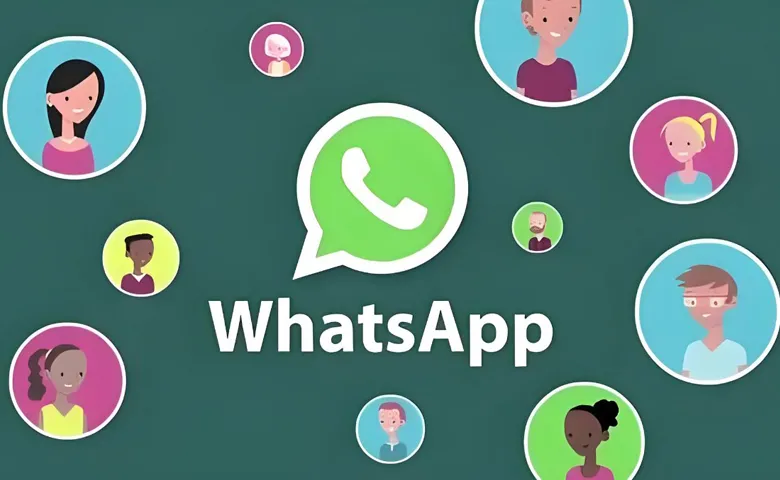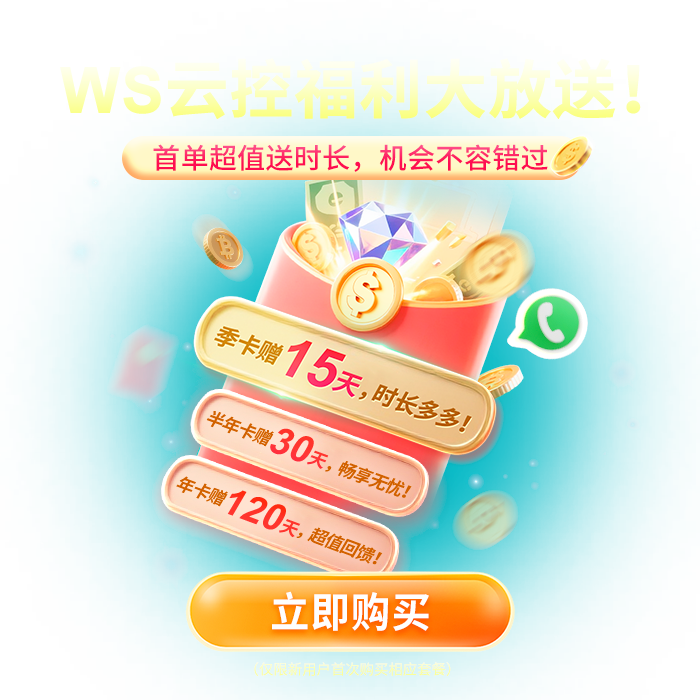

WhatsApp has emerged as a powerful tool for businesses aiming to enhance their communication and marketing strategies. With over 2 billion users worldwide, leveraging WhatsApp for marketing can significantly boost your customer engagement and drive sales. This article delves into the essentials of WhatsApp marketing, offering insights on how to effectively utilize this platform.
What is WhatsApp Marketing?
WhatsApp marketing involves using the messaging app to promote products, engage with customers, and enhance brand awareness. It allows businesses to send personalized messages, updates, and offers directly to customers, fostering a more intimate and direct form of communication.
Why Use WhatsApp for Marketing?
Wide Reach: With a massive global user base, WhatsApp provides an unparalleled opportunity to reach a diverse audience.
High Engagement Rates: Messages on WhatsApp are more likely to be read compared to emails or social media posts.
Personalized Communication: Allows for direct, one-on-one interactions with customers, leading to better customer relationships.
Cost-Effective: Sending messages via WhatsApp is generally more affordable than traditional marketing channels.
Key Features for WhatsApp Marketing
WhatsApp Business App: Designed specifically for small businesses, it offers features like automated messages, quick replies, and labels to organize chats.
WhatsApp Business API: Suitable for larger enterprises, it allows integration with CRM systems and supports bulk messaging.
Broadcast Lists: Send messages to multiple contacts without creating a group, maintaining privacy and personalization.
Effective WhatsApp Marketing Strategies
1. Build a Targeted Contact List
Opt-in Strategy: Ensure compliance with privacy regulations by obtaining explicit consent from users before messaging them.
Leverage Existing Channels: Use your website, social media, and email newsletters to encourage users to join your WhatsApp list.
2. Create Engaging Content
Personalized Messages: Tailor your messages to address the specific needs and preferences of your audience.
Rich Media: Utilize images, videos, and voice notes to make your content more engaging and interactive.
3. Automate and Streamline Communication
Use Automation Tools: Implement chatbots for instant responses and to handle common queries efficiently.
Schedule Messages: Plan your messaging campaigns in advance to ensure timely delivery.
4. Provide Exceptional Customer Support
Real-Time Assistance: Offer immediate support to customers, enhancing their overall experience with your brand.
Feedback Collection: Use WhatsApp to gather customer feedback and improve your products or services.
5. Analyze and Optimize
Track Performance: Use analytics tools to measure the effectiveness of your campaigns and identify areas for improvement.
A/B Testing: Experiment with different messaging styles and content to determine what resonates best with your audience.
Best Practices for WhatsApp Marketing
Respect Privacy: Always adhere to privacy laws and ensure that you have permission before messaging users.
Keep it Concise: Deliver clear and concise messages to maintain the attention of your audience.
Be Responsive: Promptly address customer inquiries to build trust and loyalty.
Conclusion
WhatsApp marketing presents a unique opportunity for businesses to connect with their audience in a more personal and direct manner. By implementing effective strategies and adhering to best practices, businesses can harness the full potential of WhatsApp to drive engagement, enhance customer satisfaction, and ultimately increase sales.


